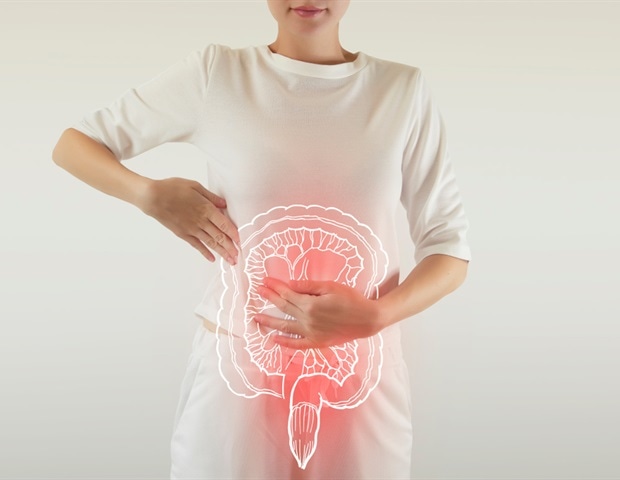
[ad_1]

The chance of growing lymphoma is moderately increased in inflammatory bowel illness (IBD) and has greater in recent times in sufferers with Crohn’s illness, document researchers from Karolinska Institutet in a find out about revealed in Scientific Gastroenterology and Hepatology. The researchers may just see a possibility building up in sufferers taking trendy IBD medication and, much less so, in sufferers no longer on such medication, indicating that the lymphoma possibility may well be suffering from each the drugs and the illness process itself.
Inflammatory bowel illness (IBD), which incorporates Crohn’s illness and ulcerative colitis, is a prolonged intestinal irritation that may building up the chance of growing lymph node most cancers (lymphoma), a illness that has effects on the immune device.
Earlier research of the lymphoma possibility of IBD had been too small to attract dependable conclusions. The research have no longer taken into consideration of essential systematic mistakes or been consultant of these days’s IBD sufferers.”
Ola Olén, find out about’s first writer, advisor and docent on the Division of Medication (Solna), Karolinska Institutet
The existing find out about incorporated virtually 170,000 IBD sufferers recognized in Swedish and Danish nationwide registries between 1969 and 2019. Evaluating those sufferers with a matched inhabitants with out IBD as a way to calculate the chance of lymphoma, the researchers came upon that sufferers with each Crohn’s illness and ulcerative colitis had a better possibility of lymphoma. The chance was once best, alternatively, in sufferers with Crohn’s illness, the rise being pushed basically by way of T-cell lymphoma and competitive B-cell lymphoma.
“We discovered an increased relative possibility of various kinds of lymphoma in each Crohn’s illness and ulcerative colitis, however we wish to indicate that absolutely the possibility may be very low,” says the find out about’s final writer Jonas F Ludvigsson, advisor and professor on the Division of Clinical Epidemiology and Biostatistics, Karolinska Institutet.
“The rise in possibility equates to just one additional case of lymphoma in 1,000 other people with IBD, who had been adopted for ten years.”
The chance of lymphoma has greater in sufferers with Crohn’s illness over the last 20 years, which coincides with the expanding use of immunomodulating medication for IBD. Whilst the best possibility of growing the most cancers was once noticed in sufferers who had gained those medication, the researchers discovered that sufferers who weren’t on such medicine had been additionally at a better possibility of lymphoma.
“This discovering signifies that each the irritation in itself and its remedy play an element,” says Dr Olén. “Since there is a large number of communicate concerning the lymphoma possibility related to immunomodulating medication, you need to make it transparent that still the illness and the irritation consistent with se appear to pressure the advance of lymphoma. One has to take account of this and talk about it when prescribing trendy remedies the place there could be a priority that they’re going to building up the chance of lymphoma.”
What’s the next move of your analysis?
“We now wish to use extra detailed information to respond to the query about what is maximum essential with regards to the lymphoma possibility – the illness itself or its remedy,” says Dr Olén.
Most of the researchers have up to now gained analysis grants by the use of their universities from other pharmaceutical firms; alternatively, no such grants had been gained for this provide find out about.
Supply:
Magazine reference:
Olén, O., et al. (2023) Expanding possibility of lymphoma over the years in Crohn’s illness however no longer in ulcerative colitis: a Scandinavian cohort find out about. Scientific Gastroenterology and Hepatology. doi.org/10.1016/j.cgh.2023.04.001.
[ad_2]